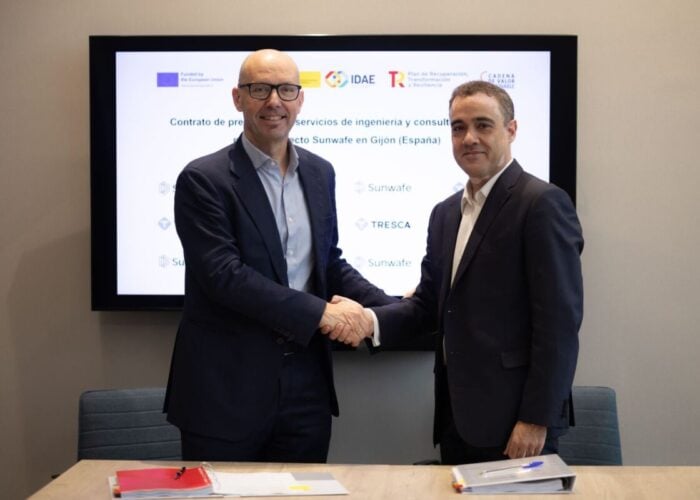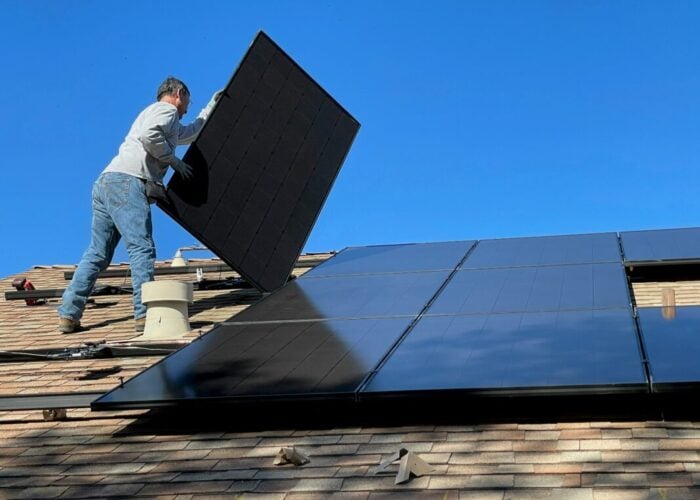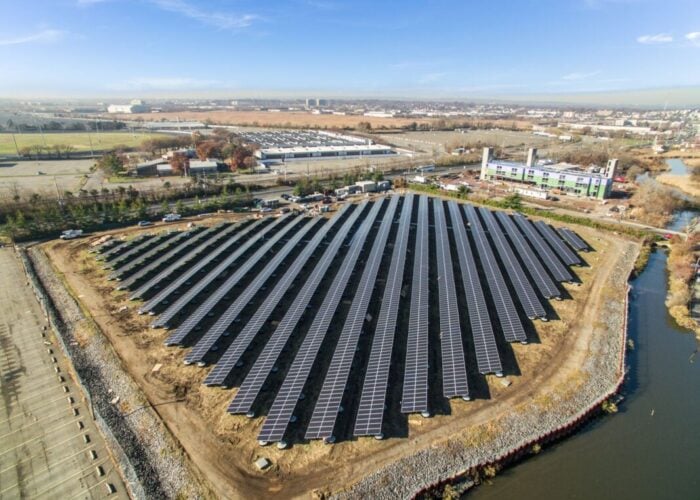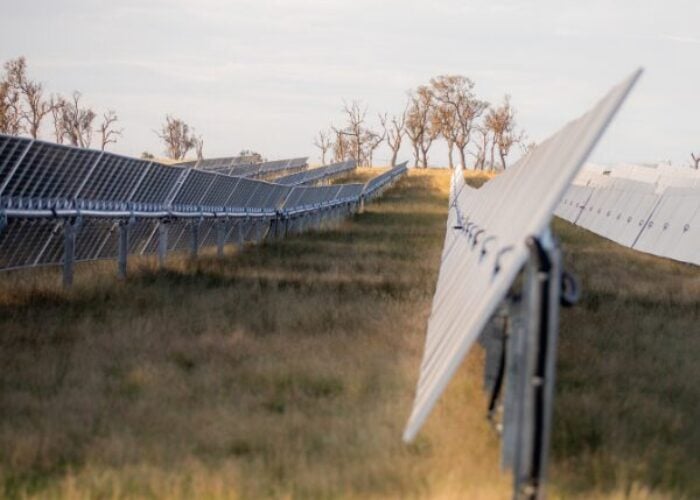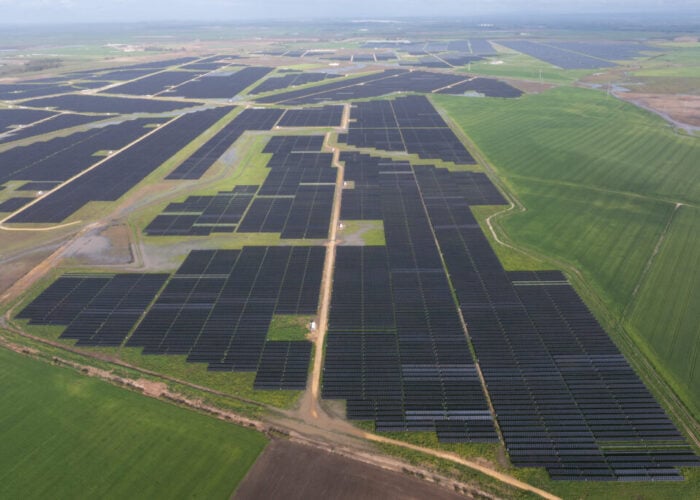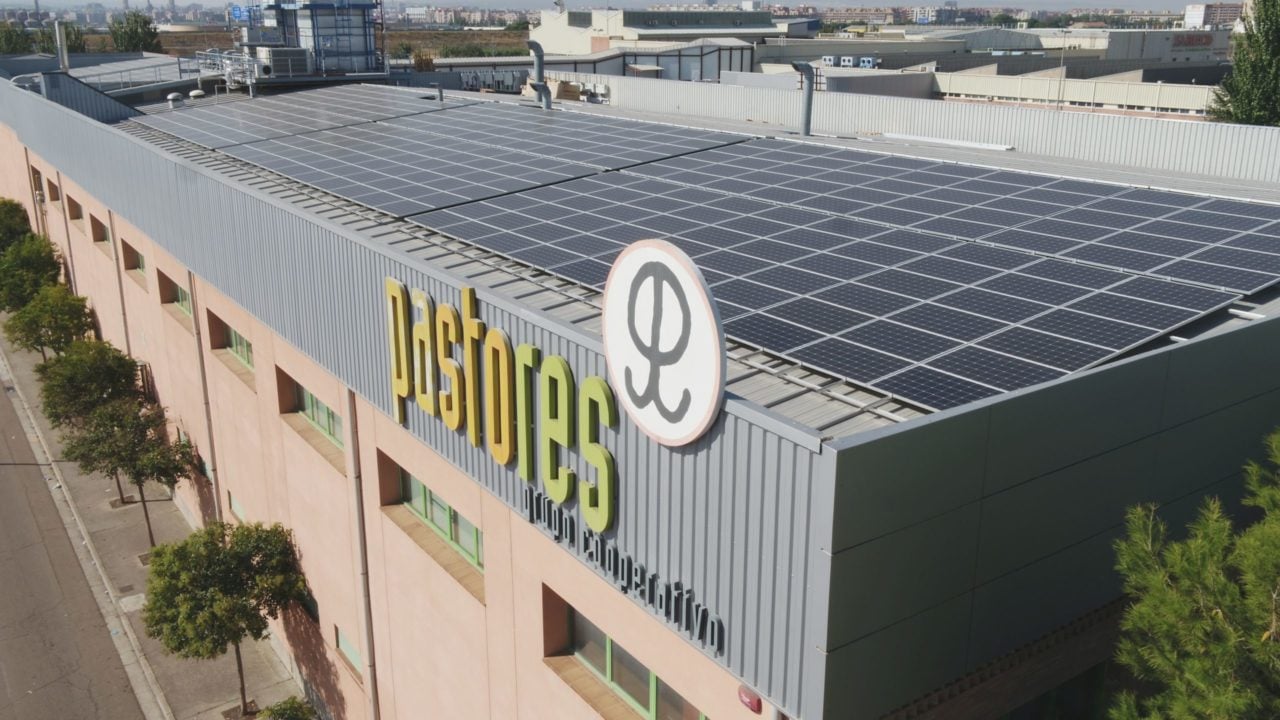
Rising domestic demand for solar helped Spain reach 596MW of new self-consumption PV installations last year, according to data from trade association UNEF.
This figure represents a 30% increase on 2019, as both local incentives for new installations and a reduction in administrative barriers helped drive the growth of distributed solar in the country. Of the new installations, it is estimated that just 2% are not connected to Spain’s grid.
Try Premium for just $1
- Full premium access for the first month at only $1
- Converts to an annual rate after 30 days unless cancelled
- Cancel anytime during the trial period
Premium Benefits
- Expert industry analysis and interviews
- Digital access to PV Tech Power journal
- Exclusive event discounts
Or get the full Premium subscription right away
Or continue reading this article for free
While the majority self-consumption PV capacity installs, 56%, came from the industrial sector and 23% from the commercial sector, it was the domestic segment that saw “unprecedented growth” last year, reaching 19% of self-consumption installs – up nine percentage points from figures posted in 2019. UNEF said this domestic rise is partly thanks to outreach campaigns made by companies.
José Donoso, director general of UNEF, said: “In the case of single-family homes in a sunny area, an installation without batteries is an investment that can be recovered in nine or ten years.”
One of the association’s priorities is an administrative simplification with regards to self-consumption solar projects in Spain. Last year, eight of the country’s 17 regions were said to have eliminated the need for building permits for rooftop PV installations, and it is hoped other regions will soon join them.
A recent study from SolarPower Europe revealed that Spain installed the third-highest amount of PV capacity in 2020, at 2.6GW, trailing only Germany and the Netherlands. With the majority of last year’s installations backed by power purchase agreements, the trade body said Spain is “probably the world’s largest market for subsidy-free solar”.


